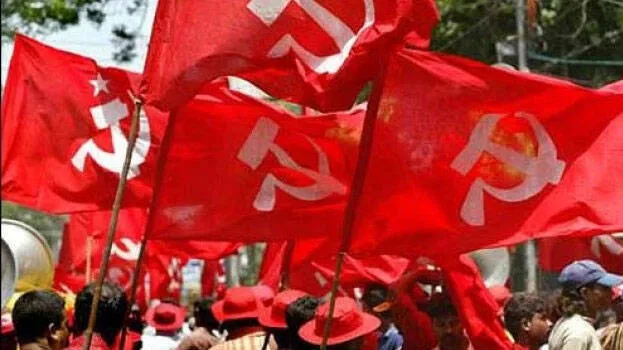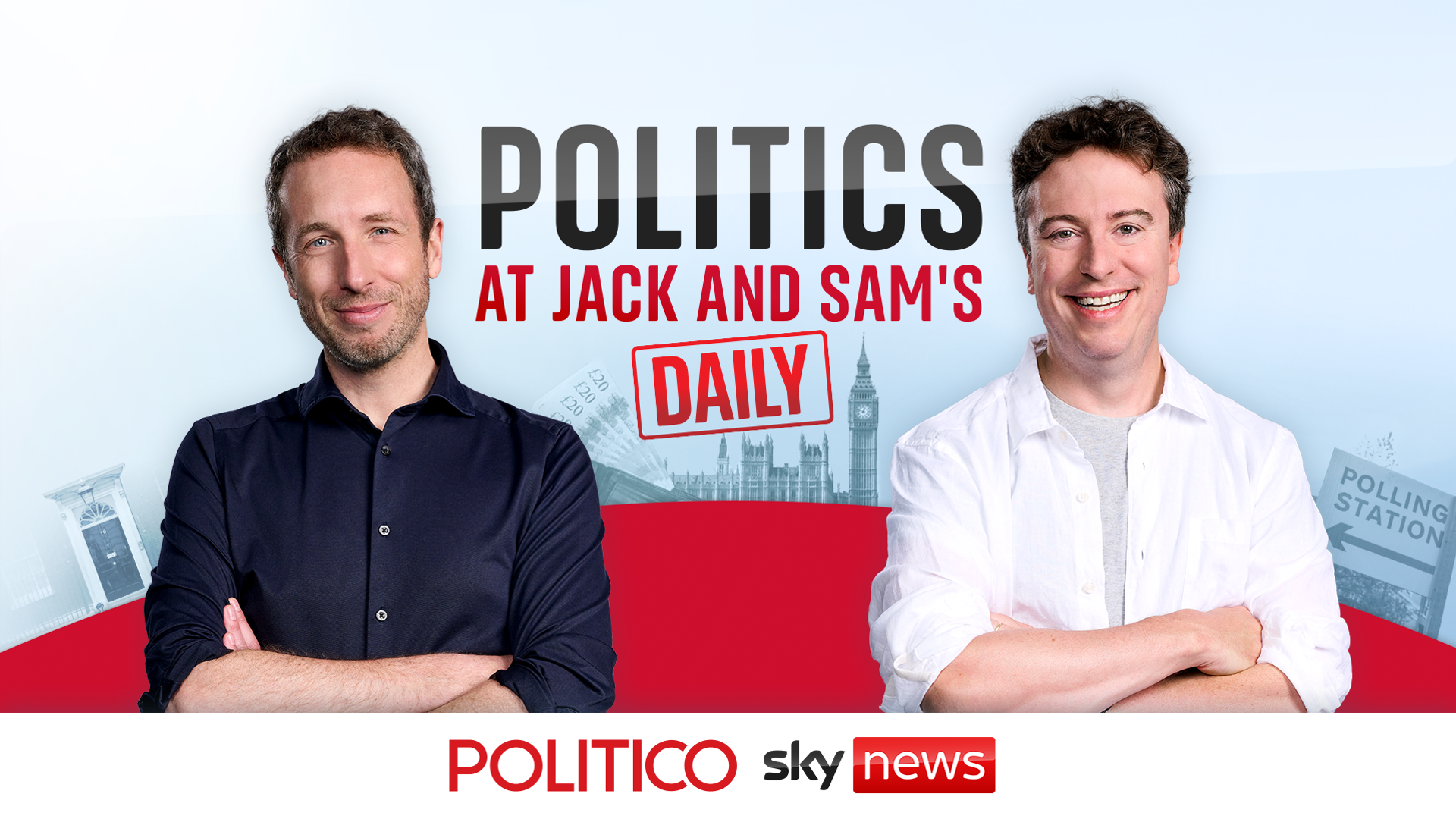
Not long after Donald Trump became president, the Washington Post , that doughty American newspaper of record, adopted the noble if portentous strapline: “Democracy dies in darkness”. A Brit might have winced at its deeply American earnestness, yet quietly admired its profound sense of mission. Today, one can only grimace at its dark comedy.
For we learnt on Friday that for the first time since 1988 the Post would not be endorsing a presidential candidate. A high-minded pronouncement came from the paper’s publisher, Will Lewis , that the paper was “ returning to its roots ” by not endorsing anyone for president (while endorsing a whole series of candidates for other races), as the Post only began endorsing candidates in 1976. Farcically, minutes later the newspaper’s own staff reported that a draft endorsement of Kamala Harris had been ready to go , only to be pulled by the paper’s management.
Luminaries of the paper were withering. Former Post executive editor Marty Baron called the decision an act of “ cowardice ”. Bob Woodward and Carl Bernstein, the legendary Post reporters who broke the Watergate scandal in 1972, said the decision “ignores the Washington Post ’s own overwhelming reportorial evidence on the threat Donald Trump poses to democracy”.
Newspaper endorsements rarely matter in electoral terms, especially in a media and political environment as polarised as the United States. Had the Post routinely endorsed Harris, as everyone – insofar as they had thought about it – expected they would, only the most patrician would have even bothered to read the editorial. But if we are to take the decision on face value – that this is about impartiality – then it has already failed.
The move has not only hijacked a precious news cycle, with days now to go until the election, but delighted the Trump campaign. It has held up the Post ’s treachery as an example of an imploding Harris effort, with Trump senior adviser Stephen Miller writing on X: “ You know the Kamala campaign is sinking when even the Washington Post refuses to endorse .” But this decision tells us far more about shifting internal power dynamics within American politics than it does about the dwindling days of the presidential race itself.
Because the Post ’s reporters also claimed that Jeff Bezos, the newspaper’s proprietor, owner of retail monolith Amazon and second-richest man on Earth, had personally vetoed the Harris endorsement. This was denied by newspaper management. Nonetheless, some detect the hand of wider commercial interest, and more chillingly, the fear of federal-backed commercial reprisals if and when Trump resumes power.
Marty Baron told CNN that Trump has threatened Bezos “continually...
Bezos has other commercial interests, a big stake [in] Amazon, he has a space company called Blue Origin. [Trump] rewards his friends and he punishes his perceived political [enemies], and [I] think there’s no other explanation for what’s happening right now”. Coincidentally or not, hours after the Post ’s announcement, Trump met with executives from Blue Origin.
Coincidentally or not, the company has a $3bn contract with the US federal government to build a spacecraft to the moon. But this is bigger even than Bezos. Only a few years ago, Silicon Valley and tech firms couldn’t put enough distance between themselves and Trump.
Many banned him from their respective social media platforms after his attempt to subvert the 2020 presidential election. Two years ago, even Elon Musk said that a second Trump term would “involve too much drama”. Today, Musk is a huge Trump campaign donor , as well as saying he’d be “fucked” if Trump doesn’t win.
Read Next The sobering reality of Kamala Harris's poll lead Plenty of other tech tycoons and Silicon Valley venture capitalists have made the same journey. The Winklevoss brothers – massive crypto investors – have given donations in Bitcoin to the Trump campaign, saying that the Biden administration has “openly declared war against crypto”. Meta boss Mark Zuckerberg, who generally avoids politics, has called Trump “badass”.
Marc Andreessen and Ben Horowitz, co-founders of one of the biggest venture capital firms in Silicon Valley firms, had previously been Democrats, but in July endorsed Trump, citing regulatory efforts from the Biden administration: “We literally [believe] the future of our business, the future of technology, and the future of America is at stake.” There are others too. Curiously enough, Trump, who once railed against Silicon Valley as part of the “swamp”, these days has far less to say about his old foes.
This shift isn’t universal in America’s tech sector, but it is real, helped along by the inclusion of former Silicon Valley venture capitalist JD Vance on the Republican ticket. This, after Trump’s toxic election denialism, his inspiration of an insurrection, and his own former chief of staff branding him a “fascist”. It’s a reminder of two things: first, that for all the utopian rhetoric and glistening futuristic visions that routinely emanate from tech companies, they are no different to the robber barons down the ages.
As Biden’s Transportation Secretary Pete Buttigieg said: “These are very rich men who have decided to back the Republican Party that tends to do good things for very rich men.” Second, it is also a reminder that for all the talk of Trump representing oppressed ordinary folk, his movement is buttressed by more powerful forces than ever: venture capital, big tech, and the remainder of the Republican Party establishment. This has the makings of a profitable alliance for Trump, with the ability to wield influence either directly through old media organs now owned by tech types – the Post , or The Atlantic magazine, owned by a trust founded by Steve Jobs’s widow Laurene Powell Jobs, for instance – or via digital media through the algorithmic power of Elon Musk.
Together with the support of the old Murdoch TV empire, it makes a potent combination and partly (though far from exclusively) explains why Trump, despite everything, feels more powerful than ever. In a presidential cycle that has hardly been lacking drama, the Trump-tech alliance is one of the quieter – but potentially one of the most profound – developments of recent American political life. Most importantly, it cuts in both directions: it means greater power for Trump to act unchecked online (in every sense); and for the tech companies, greater licence to act unchecked by a federal government, to accrue yet more power.
After all of these years, Trump still knows the art of the deal. Lewis Goodall is a journalist, broadcaster and host of the podcast The News Agents.














